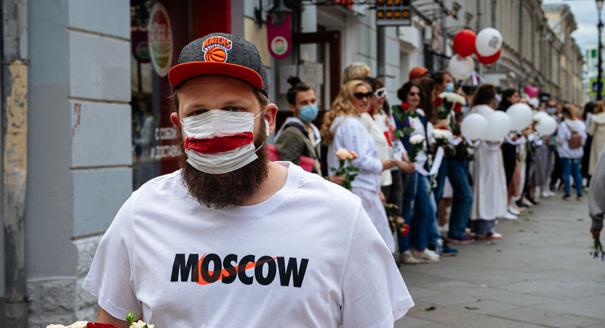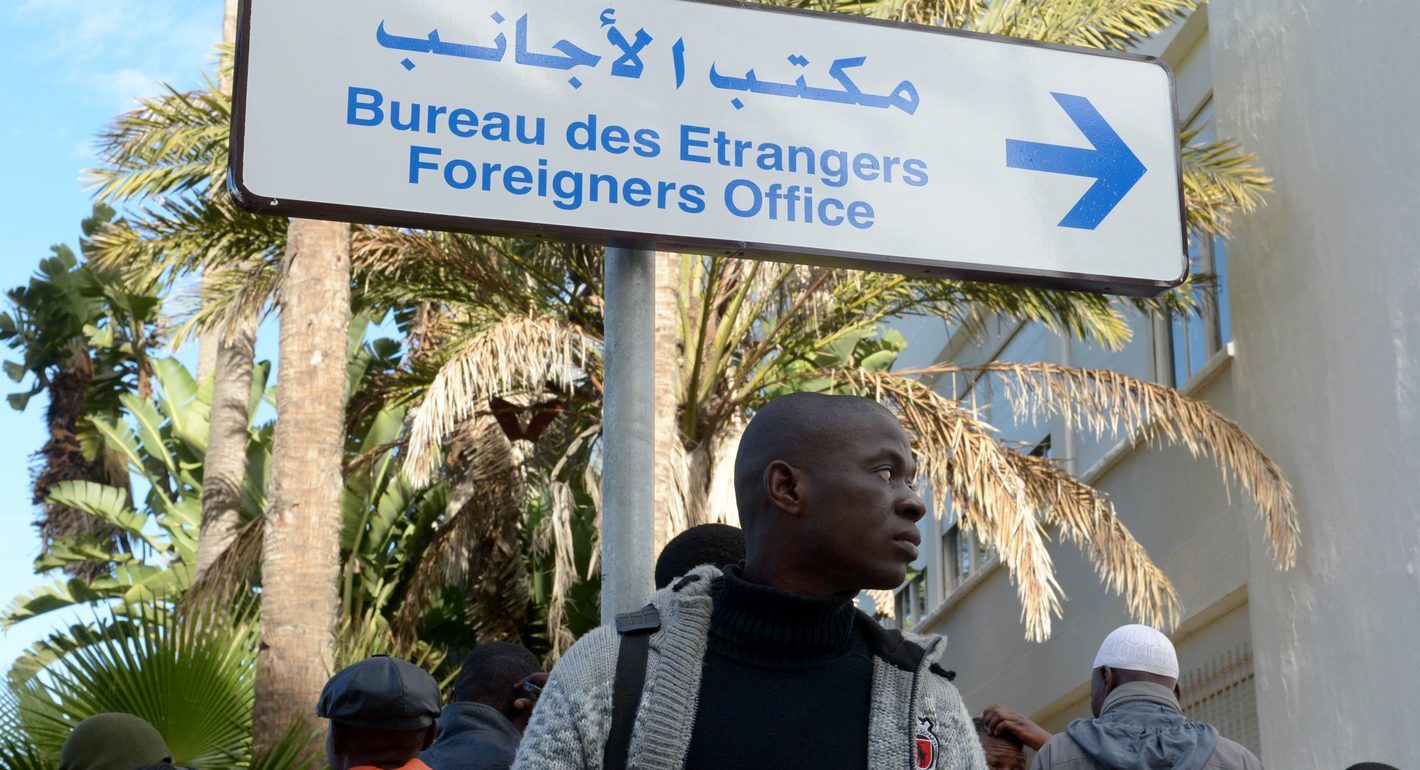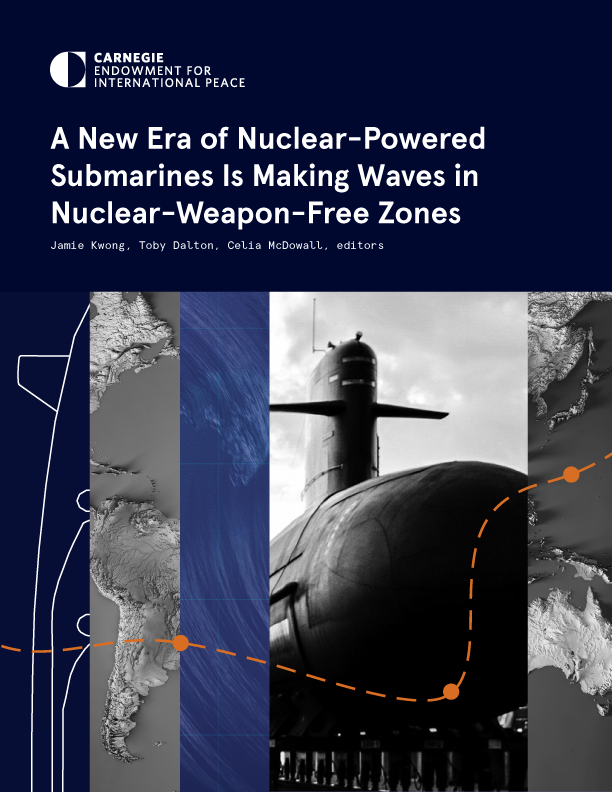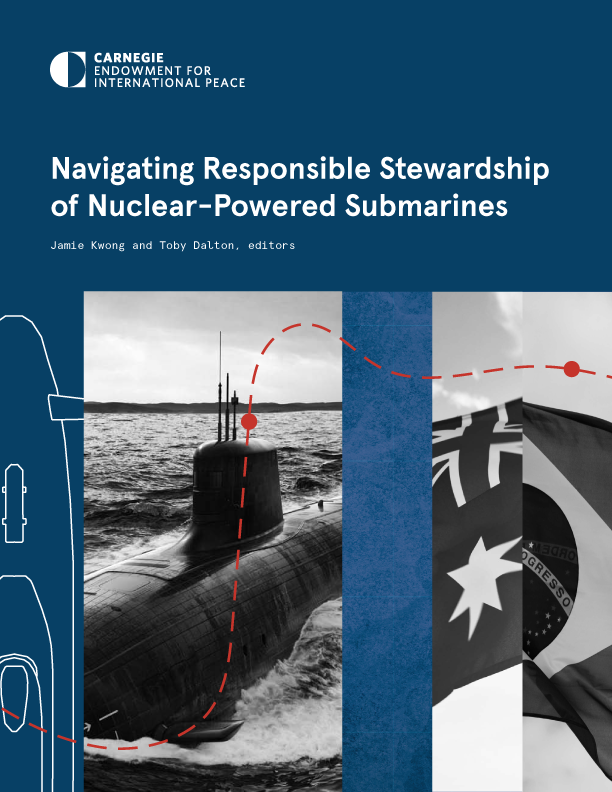Based on rhetoric alone, Russia’s standing in Belarus since the outbreak of protests over the contested presidential election earlier this year seems positive. Pro-regime news outlets have praised Russia as a most reliable ally willing to back Belarus in a difficult hour, as has Lukashenko himself. Even opposition leaders speak fairly warmly of Moscow, in the hope that it will be neutral if not supportive in the event of Lukashenko’s ouster.
The latest surveys, however, suggest that Belarusian public opinion on Russia is shaped by more than just the rhetoric of politicians. Moscow’s support for Lukashenko has already cost it the sympathy of part of the population, and pro-Russian feeling is increasingly associated with support for the regime.
Several November polls point to a pronounced decline in pro-Russian attitudes in Belarus. A telephone survey of 1,008 people conducted on November 5–8 by the Belarusian Analytical Workshop (BAW) asked respondents whether the Belarusian people would be better off in the EU or in a union with Russia. Forty percent opted for a union with Russia, while 33 percent chose the EU, compared with 52 percent and 27 percent in September, respectively.
Such fluctuations are not unheard of, but until this fall, they followed a specific script: Lukashenko would pick a fight with Moscow over oil, gas, or pressure to integrate; pro-regime and pro-opposition news outlets would train their fire (the former on command, the latter out of conviction) on Russia and its imperialism; and Belarusians would unite around the cause of Belarusian sovereignty. In the end, pro-Russian attitudes would decline, then bounce back after the conflict’s resolution.
The ongoing decline in pro-Russian attitudes is qualitatively different, coming as it does amid flourishing rather than strained ties between Minsk and Moscow. There is no aggressive rhetoric on Russia coming out of Minsk these days, with pro-regime news outlets and opposition figures singing Russia’s praises—or at least avoiding criticizing it.
The fact is that too many Belarusians have stopped identifying Lukashenko and his policies with the national interest, while Russia has ended up at odds with Lukashenko’s enemies—of whom there appear to be many more today than in previous years—because of its decision to back him in an internal conflict.
Another study was conducted in November by Chatham House among 864 people representative in terms of age, gender, and town size. Although the survey was carried out online and only among residents of towns and cities, excluding between 25 and 30 percent of the population and potentially skewing the study toward more progressive Belarusians, it tells a similar story. Thirty-eight percent of Belarusians ardently supported the protests, 28 percent stood with Lukashenko, and 34 percent mostly sympathized with the protests and their goals from the sidelines, but did not identify with them.
Most supporters of the protests (70 percent) and of Lukashenko (96 percent) had a positive view of Russia. Many of Lukashenko’s supporters are Russophiles, with 70 percent saying they consider Belarusians and Russians to be one people. By contrast, just a third of protest supporters say the same.
Chatham House’s question about which union Belarusians would be better off in included the options of “in union with both” and “in no union at all.” Neutrality was favored by 77 percent of protest supporters, of whom only 6 percent opted for a union with Russia. Sixty-one percent of Lukashenko’s electorate, for its part, leaned toward a union with Moscow.
Thanks to Moscow’s support for Lukashenko and his anti-Western rhetoric, the most pro-Russian Belarusians look to the president as their leader, which partly explains why Russia has been unable to disown him. It seems that any Belarusian leader seeking support that is broader than Lukashenko’s will have to take a less pro-Russian stance because of how many Belarusians favor neutrality.
That subset’s numbers may yet grow. Nearly half of respondents say their opinion of Russia has worsened because of its support for Lukashenko, a figure that increases to nearly 80 percent among protest supporters. More than 60 percent of all respondents do not want Russia to interfere in Belarus’s political crisis, an opinion held by 54 percent of protest supporters and 51 percent of Lukashenko supporters.
It would be an oversimplification to say that Russia’s support for Belarus’s not-so-popular ruler has cost it the support of Belarusians. Their warmth toward Russia has not disappeared and will not do so quickly.
The orientation of Belarusians toward Russia is a matter of values and emotions, while their pro-European attitudes come from a place of pragmatism, studies conducted by the Independent Institute of Socio-Economic and Political Studies (NISEPI) in the 2000s and by BAW last year show. Belarusians admire the EU because life is better there, but love Russia because it is “theirs”: i.e., close to their hearts.
Yet Belarus’s political crisis may continue for months, and the longer Lukashenko’s alliance with Moscow lasts, the more those dissatisfied with his rule will blame Russia for all that he has done since the outbreak of unrest in August.
Moscow’s silence in the face of the conduct of the Belarusian authorities—who have detained and arrested tens of thousands, beaten and tortured hundreds if not thousands, and killed at least five protesters—will only contribute to this discontent. The deep collective trauma inflicted through mass repression will cause a longer-lasting decline in pro-Russian attitudes in Belarus than oil and gas disputes ever did.
Russia’s association with Lukashenko’s crackdown may persuade Belarusians that it is impossible to be a pro-Russian democrat: that one can only be one or the other. Support for authoritarianism is going out of fashion in Belarus; pro-Russianness may, too.
There is no guarantee that the Kremlin will change course out of fear of losing the sympathy of the Belarusian people. Moscow has long viewed developments in countries that comprise the Russia-EU border through the prism of its battle with the West, the geopolitical logic of which complicates the delicate work of winning hearts and minds.
Because the West has sided with Belarus’s protesters, giving their leaders refuge and sanctioning Lukashenko and his allies, the country’s leader has become closer to Moscow. Even if Russia pressures him to transfer power, those nudges will be gentle, so as to avoid the appearance of making concessions to the enemy.
The danger for Moscow is that in post-Lukashenko Belarus, it may discover that opposition to a union with Russia extends beyond nationalists and ardent Europeanists to include those for whom Russia has become synonymous with the cruelty and depression of late Lukashism: a coalition so large it may make Belarus’s historically stable pro-Russian majority a thing of the past.
This article was published as part of the “Relaunching U.S.-Russia Dialogue on Global Challenges: The Role of the Next Generation” project, implemented in cooperation with the U.S. Embassy to Russia. The opinions, findings, and conclusions stated herein are those of the author and do not necessarily reflect those of the U.S. Embassy to Russia.









